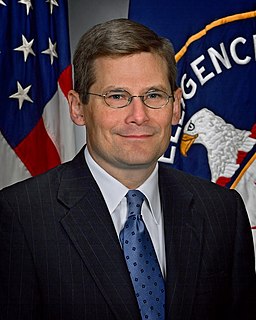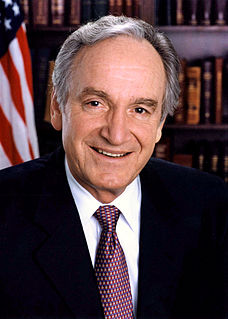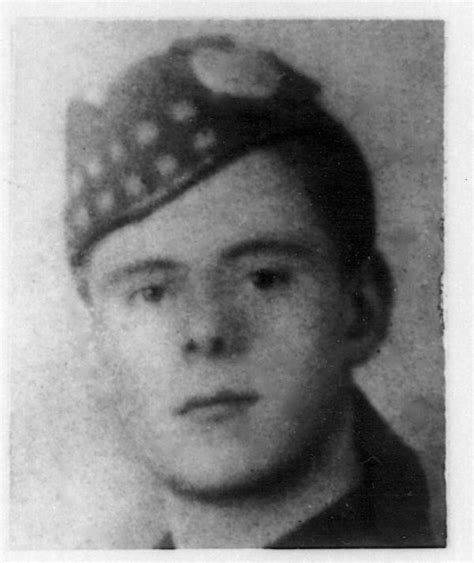A Quote by Vito Fossella
Vetting and verifying information is one thing. Having our government sending out conflicting messages to the American people when conflict can be avoided is another.
Related Quotes
I would like to see transparency become the default for the American government: Abolish the Freedom of Information Act so we don't have to ask government for information but government must ask to keep information from us. The more transparent government is, the more collaborative it can become. The more our officials learn to trust us - with information and a role in government - the more we can trust them.
Many more children observe attitudes, values and ways different from or in conflict with those of their families, social networks,and institutions. Yet today's young people are no more mature or capable of handling the increased conflicting and often stimulating information they receive than were young people of the past, who received the information and had more adult control of and advice about the information they did receive.
I think the government must recognise that the wounds of conflict are even more grievous on the mind than the body, and indeed may even serve to fuel further conflict. Where conflict cannot be avoided, provision of adequate psychosocial services to prevent the adverse mental health consequences should take priority.
Let's get one thing straight: I am not an adrenaline junkie. Just because you cover conflict doesn't mean you thrive on adrenaline. It means you have a purpose, and you feel it is very important for people back home to see what is happening on the front line, especially if we are sending American soldiers there.
People are more likely to search for specific books in which they are actively interested and that justify all of that effort of reading them. Electronic images and sounds, however, thrust themselves into people's environments, and the messages are received with little effort. In a sense, people must go after print messages, but electronic messages reach out and touch people. People will expose themselves to information in electronic media that they would never bother to read about in a book.
We receive experience from nature in a series of messages. From these messages we extract a content of information: that is, we decode the messages in some way. And from this code of information we then make a basic vocabulary of concepts and a basic grammar of laws, which jointly describe the inner organization that nature translates into the happenings and the appearances we meet.
I recognize the need to provide the press - and, through you, the American people - with information to the fullest extent possible. In our democracy, the work of the Pentagon press corps is important, defending our freedom and way of life is what this conflict is about, and that certainly includes freedom of the press.


































